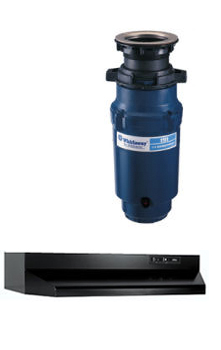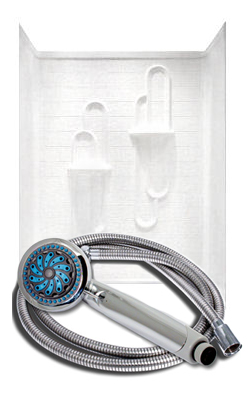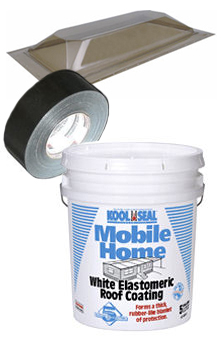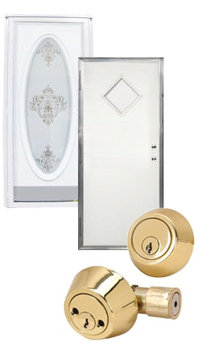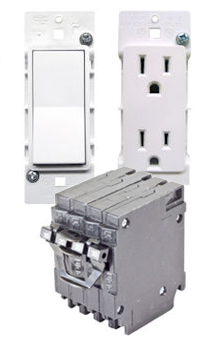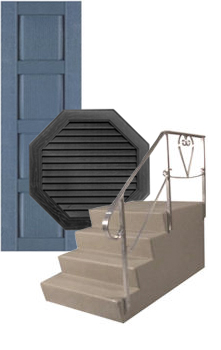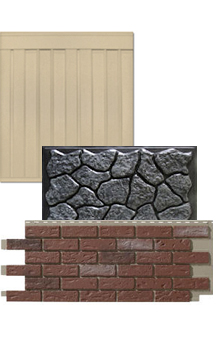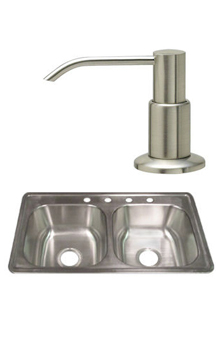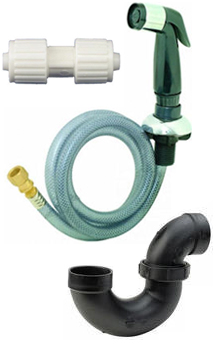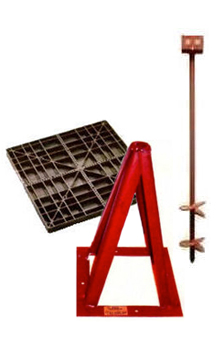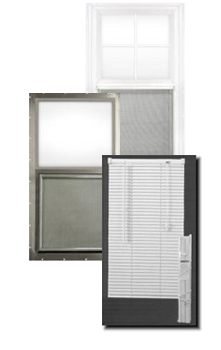
Ever think about how much window screens do for your mobile home? Sure, they’re great for keeping bugs out, but there’s a lot more to them! Not only do they help maintain a fresh breeze without inviting unwelcome guests, but they also add a layer of comfort and privacy that many mobile homeowners don’t always consider.
Whether you’re enjoying a warm summer day or just trying to keep out dust and allergens, good window screens can make a big difference. In this guide, we’ll dive into the unexpected perks of having screens on your mobile home windows and share a few easy tips on keeping them in top shape.
The Unexpected Benefits of Window Screens
Most people think of window screens as simple bug blockers, but they’ve got a few more tricks up their sleeves. Let’s look at some unexpected benefits they bring to the table.
Keeping Bugs at Bay
Let’s start with the obvious—Sure, screens are the ultimate defense against those pesky insects. But they’ve been globally recognized for their contribution to public health by keeping mosquito-borne diseases at bay. West Nile, Dengue, Zika, and other viruses can be transmitted by mosquitoes, but with sturdy window screens, you can significantly reduce your risk of exposure—all while enjoying fresh air. Not bad for a mesh screen, right?
Improved Ventilation
Mobile home screens make it easy to improve ventilation throughout your home. This is particularly useful during the hotter months when circulating fresh air can help keep your living space cooler. The mesh allows for a nice breeze to flow in while keeping insects and pests out. As a bonus, this added airflow can help improve indoor air quality.
Dust and Debris Control
If you’re living somewhere that gets hit by dust storms or heavy pollen, you know how quickly that stuff can sneak into your home. Window screens act like a barrier, catching airborne dust and debris before it has the chance to settle inside your home. The best part? You’ll notice less dust buildup on your furniture and floors, meaning fewer cleaning days. Plus, for anyone in the house dealing with allergies, this can make a huge difference in keeping the air a little easier to breathe.
A Bit of Added Privacy
If you’ve got a nosy neighbor like Gladys Kravitz—always peeking through the blinds to see what’s going on—then you know the importance of a little added privacy. That’s where certain types of window screens can really come in handy. In mobile home parks, where everyone’s living a bit closer together, privacy can be hard to come by. Privacy screens can give you that extra bit of seclusion you’re looking for, without making your home feel dark or closed off.
Why Screen Maintenance Matters
To get the most out of your window screens, it’s important to keep them in good shape. Damaged or worn screens won’t do much to stop pests, drafts, or noise, and they can even mess with your home’s energy efficiency. To keep things running smoothly, regular maintenance is critical. On average, screens should be replaced every 10 to 12 years—but how do you know when it’s time?
Signs You Should Replace Your Window Screens
Even the best screens don’t last forever. Over time, they face a lot of wear and tear from the elements, pets, or just plain age. Here are a few tell-tale signs it’s time to swap them out:
- Faded or Brittle Screens: The sun can do a number on your screens, causing them to fade or even feel crumbly to the touch. If they look more tired than you’d like or seem ready to tear with just a poke, it’s probably time for new ones.
- Tears and Holes: It might start small—just a tiny rip—but even little gaps let bugs slip through. Once you spot any tears, it’s a good sign that your screen isn’t doing its job.
- Drafts and Air Leaks: Noticing a draft or a spike in your energy bills? Worn-out screens can mess with your home’s efficiency, letting warm or cool air escape. A new set of screens can help seal things up and keep your home comfortable year-round.
How to Install Window Screens
Got a new screen and ready to install it? Installing new window screens is a fairly simple task that many DIY enthusiasts can handle. Here’s a quick rundown of standard installation methods:
- Lift Clips: Small tabs at the bottom of the screen. Lift the screen into the top track, compress the springs, and slide the bottom into place.
- Casement Clips: Screw these clips into the window frame, then swivel them to lock the screen in.
- Plunger or Slide Latches: Push or slide these to secure the screen—a common method in mobile homes.
- Bail Latch: A simple hook that loops over a screw to hold the screen in place.
While it’s a straightforward DIY job, it never hurts to get a second opinion from a pro if you’re unsure about the fit.
Keeping Your Screens in Top Condition
Keeping your screens in top condition doesn’t take much effort and can save you from bigger issues down the road. Here are a few maintenance tips to help you out:
Remove Your Window Screens for Winter
During winter, you’re less likely to open windows, and harsh weather can damage your screens. It’s best to remove your screens in late fall before winter weather sets in. Snow, ice, and high winds can damage screens, so taking them out helps preserve their condition. Plus, without screens, more natural light can brighten up your home during those shorter days.
How to Clean Window Screens
After a season of catching bugs and filtering dust, your screens deserve a good cleaning. Here’s how:
- Vacuum Your Screens: Lay the screen on a large towel to prevent scratches. Use a vacuum with a brush attachment to gently remove dust and debris from both sides.
- Wipe Them Down: Mix warm water with a mild dish soap. Using a soft sponge, gently scrub the screen to remove any remaining dirt. Change your soapy water as needed—it might get dirty quicker than you think!
- Rinse Thoroughly: Lean the screen vertically and rinse with a gentle stream of water. Avoid high pressure to prevent damage.
- Dry Completely: Pat the screen dry with a towel or let it air dry in a sunny spot. Before storing or reinstalling, check for any missed spots or damage.
Need New Screens? We’ve Got You Covered
Is it time to replace those old window screens? Mobile Home Parts Store has plenty of options that work specifically for mobile homes. Whether you’re dealing with pesky bugs or want better airflow, we’ve got you covered with a variety of sizes and materials, from aluminum to fiberglass. Plus, we have tools and replacement kits if you’re feeling up for a DIY project.
Take a look at our selection here and see how new screens can make a difference!
Wrapping Up
Mobile home window screens are more than just barriers against bugs—they contribute to better ventilation, cleaner air, privacy, and even lower energy bills. By maintaining your screens and replacing them when needed, you can keep your mobile home comfortable, safe, and energy-efficient. So, why not take a moment to check your screens? You might be surprised at just how much they contribute to your home’s overall well-being!
Tags: diy, mobile home windows, window screens, windows


